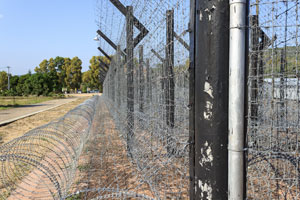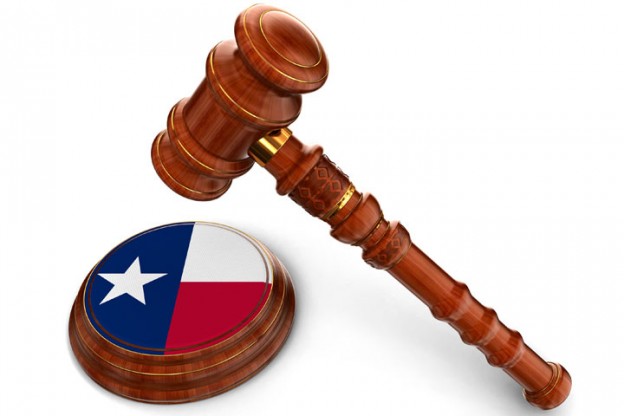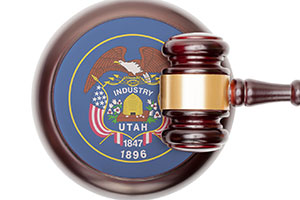The NRA has filed a motion to exclude a developmental neuroscience expert in a gun rights suit, arguing that the expert on “mouse brains” is not qualified to offer testimony in this case.
The Lawsuit
The National Rifle Association (“NRA”) filed a lawsuit against Pam Bondi, the Attorney General of Florida, and Rick Swearingen, Commissioner of the Florida Department of Law Enforcement, based on their administering and enforcing Florida laws relating to the sale of firearms. The NRA sought declaratory and injunctive relief. The NRA wanted a declaration that Florida’s law banning adult, law-abiding citizens under the age of 21 from purchasing firearms was unconstitutional under the Second and Fourteenth Amendments. It also wanted an injunction that prevented Florida from enforcing that law.
Proposed Expert Testimony
The Florida Department of Law Enforcement retained Dr. Pradeep G. Bhide to testify on its behalf. Dr. Bhide is a Professor and Jim and Betty Ann Rodgers Eminent Scholar Chair of Developmental Neuroscience and Director of the Center for Brain Repair at Florida State University College of Medicine.
Dr. Bhide’s proposed testimony included the statement that “Modern neuroscience establishes what parents have known for generations, that ‘on average 18-year old individuals are more likely to engage in behaviors that are impulsive, emotional, risky and that offer immediate or short time reward compared to 21-year old individuals, on average.’”
The NRA filed a motion in limine to exclude Dr. Bhide’s testimony. In its motion, the NRA argued that Dr. Bhide had not offered any hard evidence that young adults from age 18 to 20 are more likely to commit criminal violence with a purchased firearm than other adults. The NRA claimed that Dr. Bhide’s opinion would consist only of “secondhand pseudoscience.”
The NRA argued that Dr. Bhide failed to meet the requirements of Daubert. Specifically, it claimed that while Dr. Bhide may be an expert in the broad area of neuroscience or brain development, this was not a substitute for expertise in the area of adolescent brain development. The NRA argued that even if Dr. Bhide had academic credentials in neuroscience and taught in that area, it did not demonstrate that he was competent to give an expert opinion in every area of neuroscience.
The NRA argued that Dr. Bhide was not qualified to give the opinion that 18-to-20-year-olds were more likely to commit crimes with purchased firearms because he had not personally studied human brain development. iWhen questioned whether he had published any peer-reviewed articles that distinguished between the development of a teenage brain and an adult brain, Dr. Bhide responded that he had not written articles about the human brain, he had only written about mouse brain development.
The NRA also argued that Dr. Bhide should be excluded as an expert because his opinions were not based on any reliable methodology. Dr. Bhide’s opinion was not based on his own research, his opinion was based upon the research of others that did not relate to the risk of firearm purchase by 18-to-20-year-olds.
The motion in limine is currently under advisement in the United States District Court for the Northern District of Florida.













